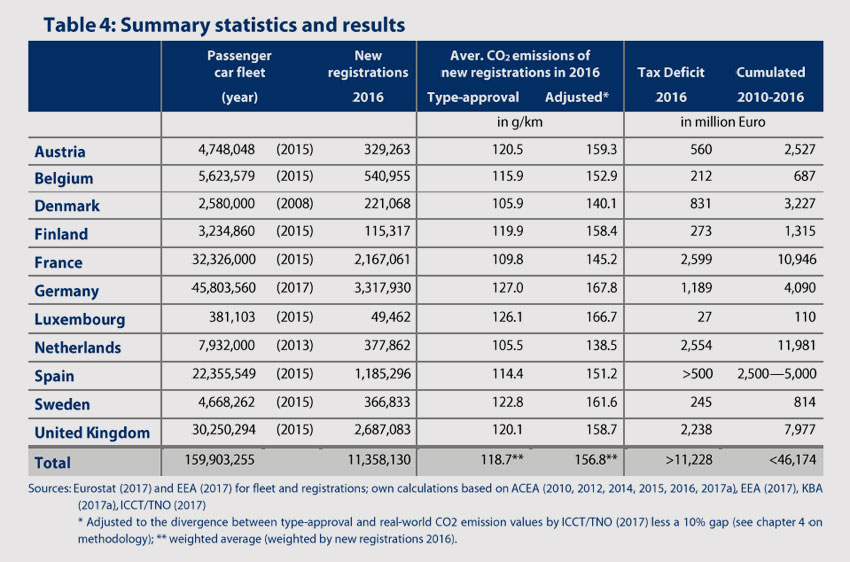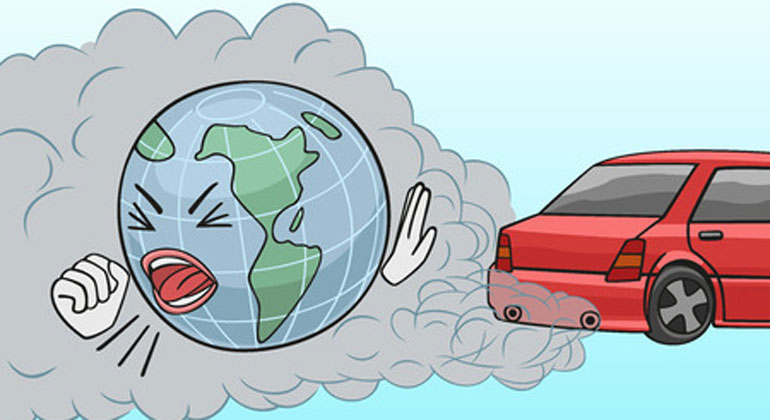€10bn tax gap reveals the flaws in emission testing
A new report from the Greens/EFA group shows that the growing gap between real life CO2 emissions from cars and in lab tests has contributed to a major tax gap on cars.
The study calculates for the first time the theoretical loss in revenue for 11 EU member states amounting to more than €10 billion in 2016. Between 2010 to 2016 the loss was at least a staggering 46 bn Euros.
The emissions gap means our tax system is failing to incentivise the shift to lower emission vehicles, with detrimental effects for public health and the environment, says Greens/EFA tax justice spokesperson Sven Giegold:
“The car emissions scandal is also a veritable tax theft. The fraud committed by car manufacturers is not only damaging to health and the environment, but also to a considerable extent to public finances. European car manufacturers have exploited the shortcomings of a deficient regulatory framework. The bill for the tax damage is footed mainly by citizens who drive small cars or no cars at all. Drivers of cars with high fuel consumption benefited in particular from the incorrect taxation. The car emissions scandal is also a scandal of tax justice.”
“Taxes should be geared towards meeting vital social aims, such as improving air quality and meeting our environmental commitments. But if the taxes levied are based on bogus data, this becomes impossible.”
“Much of the fault therefore lies with regulatory inaction on the part of the EU, national governments and their authorities. We finally need car emission tests that deliver real-world CO2 emissions. Until car taxes are based on reality, they won’t provide incentives for moving towards cleaner forms of transport.”
Background
The report was commissioned by the Greens/EFA group in the European Parliament and produced by Green Budget Germany and Green Budget Europe.
It analyses the impact of the gap between type-approval and real-world CO2 emissions values for passenger cars focussing on its impact on tax revenues in eleven EU member states (Austria, Belgium, Denmark, Finland, France, Germany, Luxembourg, the Netherlands, Spain, Sweden and the United Kingdom). These countries account for more than 60% of the total car registrations in all 28 member states of the EU.
Results of the research show that in the eleven countries under consideration, revenues from car registration and ownership taxes would have been more than €10 billion higher in 2016, if CO2 emission values had been more realistic.









